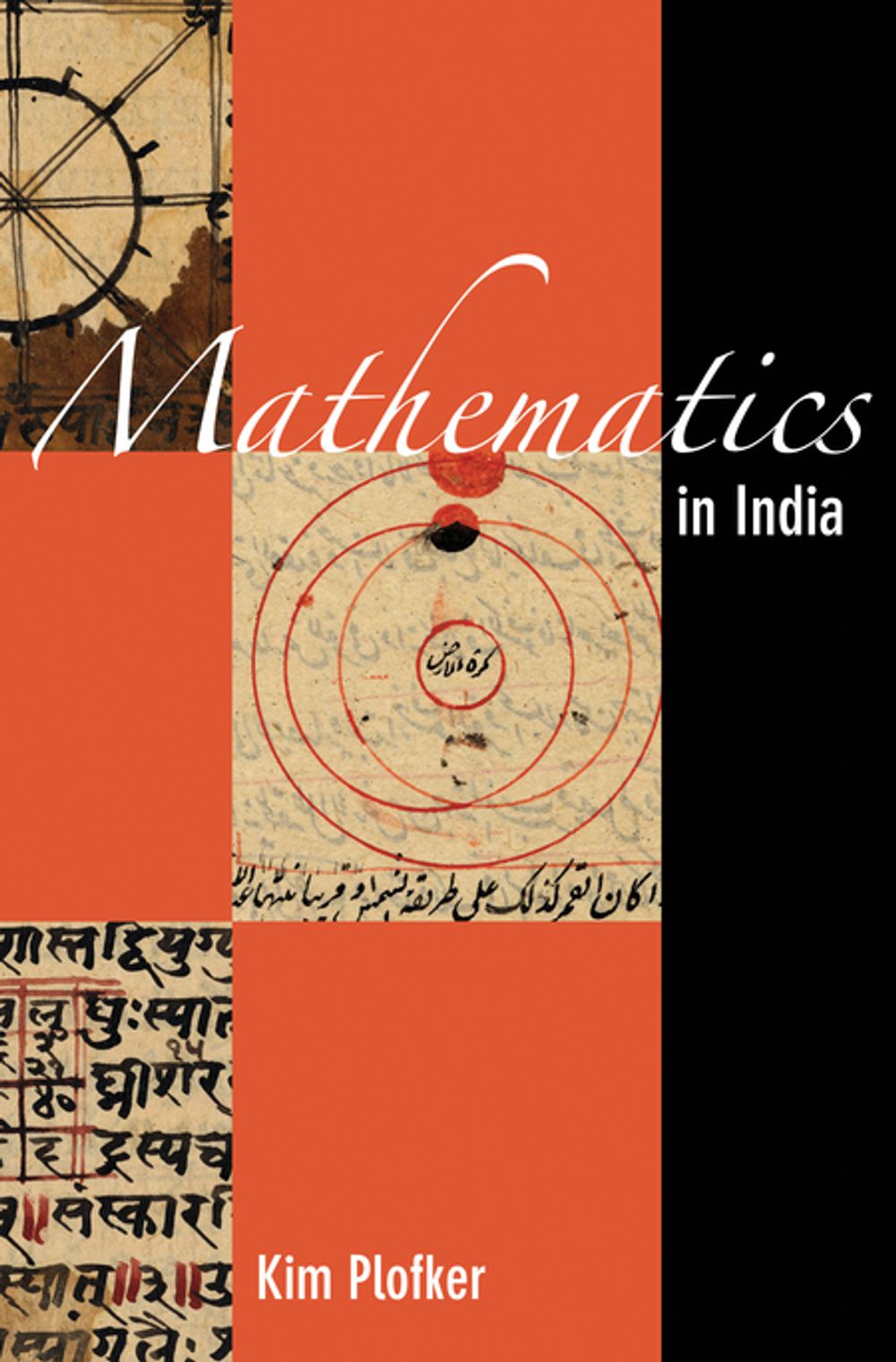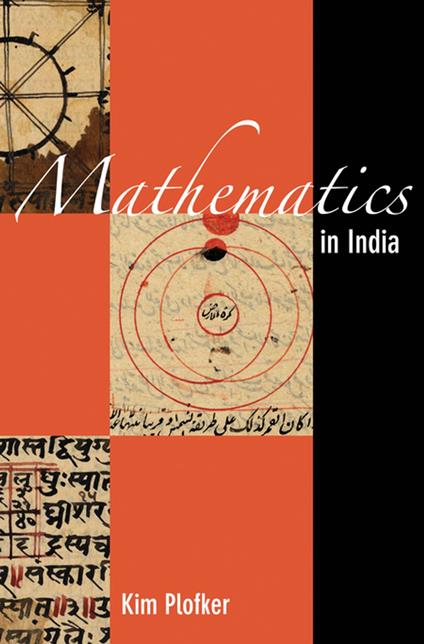Mathematics in India
Based on extensive research in Sanskrit sources, Mathematics in India chronicles the development of mathematical techniques and texts in South Asia from antiquity to the early modern period. Kim Plofker reexamines the few facts about Indian mathematics that have become common knowledge--such as the Indian origin of Arabic numerals--and she sets them in a larger textual and cultural framework. The book details aspects of the subject that have been largely passed over in the past, including the relationships between Indian mathematics and astronomy, and their cross-fertilizations with Islamic scientific traditions. Plofker shows that Indian mathematics appears not as a disconnected set of discoveries, but as a lively, diverse, yet strongly unified discipline, intimately linked to other Indian forms of learning. Far more than in other areas of the history of mathematics, the literature on Indian mathematics reveals huge discrepancies between what researchers generally agree on and what general readers pick up from popular ideas. This book explains with candor the chief controversies causing these discrepancies--both the flaws in many popular claims, and the uncertainties underlying many scholarly conclusions. Supplementing the main narrative are biographical resources for dozens of Indian mathematicians; a guide to key features of Sanskrit for the non-Indologist; and illustrations of manuscripts, inscriptions, and artifacts. Mathematics in India provides a rich and complex understanding of the Indian mathematical tradition. **Author's note: The concept of "computational positivism" in Indian mathematical science, mentioned on p. 120, is due to Prof. Roddam Narasimha and is explored in more detail in some of his works, including "The Indian half of Needham's question: some thoughts on axioms, models, algorithms, and computational positivism" (Interdisciplinary Science Reviews 28, 2003, 1-13).
-
Autore:
-
Anno edizione:2008
-
Editore:
-
Formato:
-
Lingua:Inglese
Formato:
Gli eBook venduti da Feltrinelli.it sono in formato ePub e possono essere protetti da Adobe DRM. In caso di download di un file protetto da DRM si otterrà un file in formato .acs, (Adobe Content Server Message), che dovrà essere aperto tramite Adobe Digital Editions e autorizzato tramite un account Adobe, prima di poter essere letto su pc o trasferito su dispositivi compatibili.
Cloud:
Gli eBook venduti da Feltrinelli.it sono sincronizzati automaticamente su tutti i client di lettura Kobo successivamente all’acquisto. Grazie al Cloud Kobo i progressi di lettura, le note, le evidenziazioni vengono salvati e sincronizzati automaticamente su tutti i dispositivi e le APP di lettura Kobo utilizzati per la lettura.
Clicca qui per sapere come scaricare gli ebook utilizzando un pc con sistema operativo Windows



